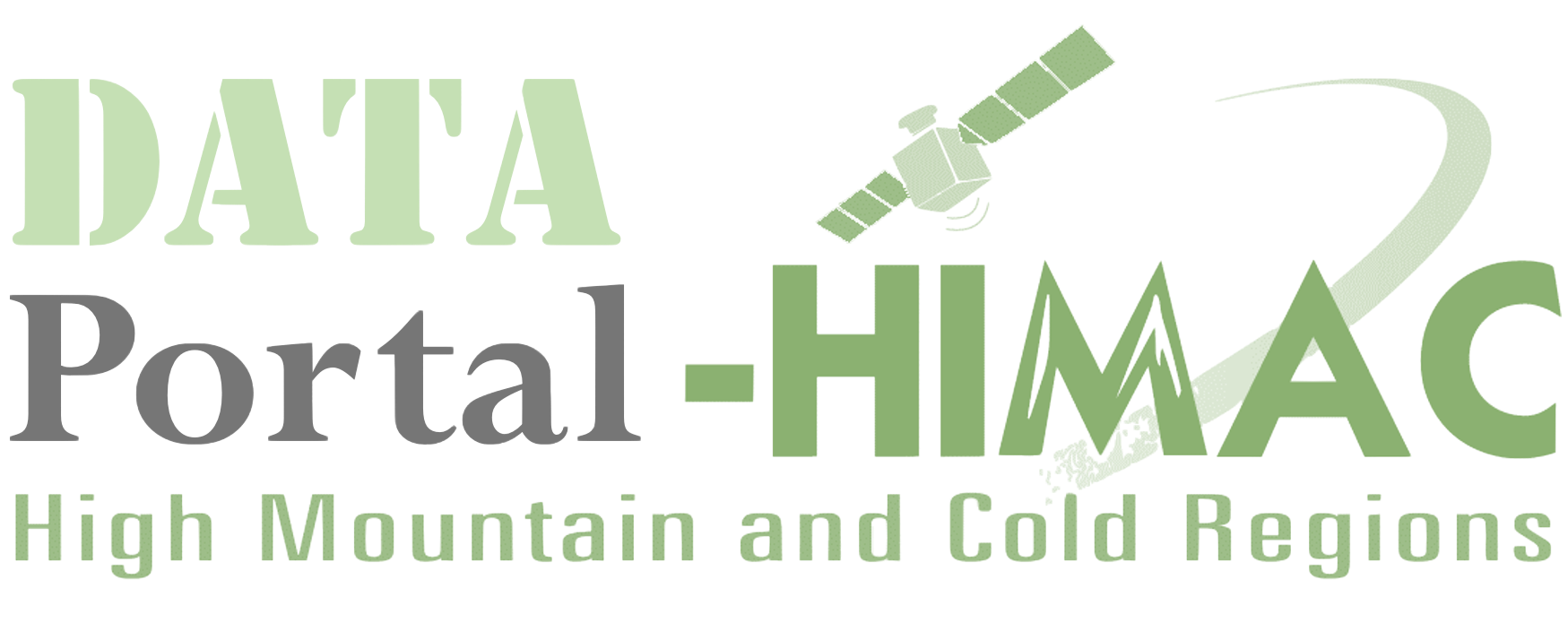Norwegian polar geological sample archive
Data and Resources
Additional Info
| Field | Value |
|---|---|
| Source | https://data.npolar.no/geology/sample |
| Last Updated | May 26, 2021, 02:38 (UTC) |
| Created | January 11, 2021, 08:59 (UTC) |
| Country | Norway |
| Data Management | Reference data, monitoring data, and environmental data are managed by the Institute' S Data Centre. Research data are also managed by the Centre once they have been processed, documented, and released for archiving. For new projects that entail collection of data, the project description shall include a plan for longterm management of the data. This plan is to be formulated in consultation with the Institute Data Centre, and should also include a brief description of which datasets will be collected (metadata); plans for data processing, analysis, and quality control; transformation to finished data product; storage site and storageformat; protocols and services that will be used to make the data accessible; documentation for future reuse; and date for publication. Data integritys must be ensured throughout the lifecycle of the dataset, through general data security, version control and, if necessary, access control. The Institute Data Centre is responsible for transferring data to new storage media when required to ensure data integrity or to stay abreast of technological developments. Projects involving data collection are not considered completed until all the data have been archived and documented. This is to be checked by the Director of the Department prior to approval of the final report. To ensure future verifiability, data that form the basis for scientific publications, reports, and analyses must be unequivocally identifiable. Data should be archived with unique, persistent digital identifiers that can be linked to a version of the dataset as it stood on a given date. |
| Data Policy | This data policy will ensure that the Norwegian Polar Institute fulfils both ICSU World Data Systems criteria for permanent data archives, and the data policy standards that are demanded for full participation in Norwegian and international data collaborations and networks that are important within the Institute's fields. "Data"are defined as any set of observations or measurements that are registered in written or digital form, are intended for use in research, environmental monitoring, or mapping, and can be described by metadata.The term can also include scientific samples and specimens. Metadata and archived datasets are to be made searchable and accessible over the internet through digital services based on standard protocols; they will have unique and persistent identifiers, and be accessible through services for searching, downloading and transformation. Data dissemination over the internet requires that both metadata and all preconditions for dissemination of the datasets are machine-readable. Metadata, and if possible dataset itself, should therefore contain formatted information on ownership, copyright, data licensing, citation, publication date, version, any restrictions on use and other rights. Metadata are to be associated with the data through unique, persistent digital identifiers. |
| Data Sharing Principle | All data owned by the Norwegian Polar Institute shall be open and accessible free of charge for further use, in accordance with government policy for release of public and publicly funded datal. When data are (re) used by external entities, the data source must be cited in accordance with Institute guidelines as published at the time. Specific datasets can nonetheless be protected from access if this is necessary to maintain personal integrity or if public access to the data could pose a significant risk of harm to vulnerable species or natural resources. The protection should be limited to the sensitive portions of the dataset. Access to research data can be restricted for a specified and limited period of time to protect the researcher's right to first scientific publication of the dataset. |
